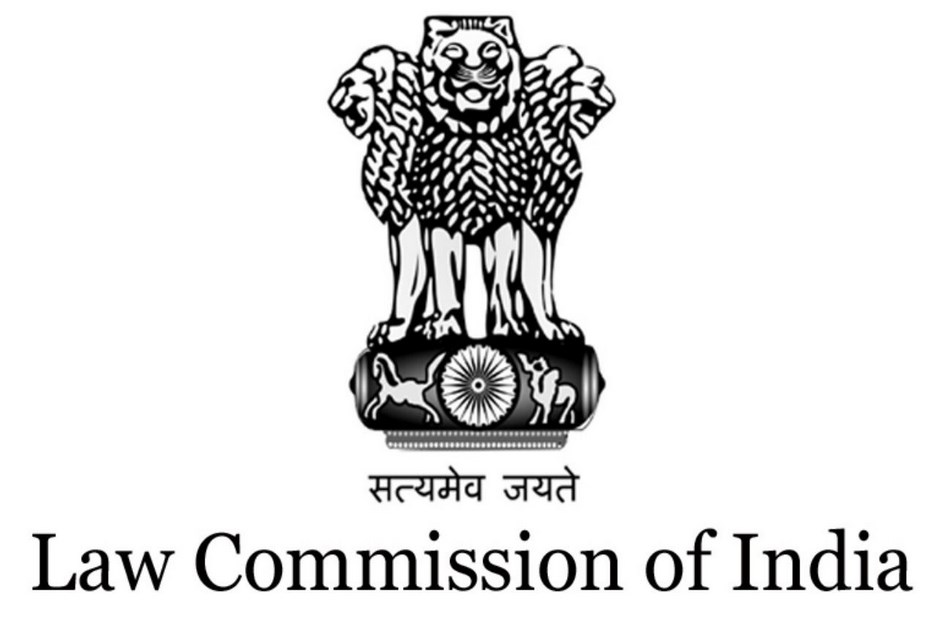Law Commission Report Recommends Epidemic Plan and Standard Operating Procedure (SOP)
The 286th Law Commission Report, released recently, has recommended creating an Epidemic Plan and Standard Operating Procedure (SOP) to address future epidemics. It highlighted limitations of the colonial-era Epidemic Diseases Act, 1897 (EDA) which lacks guidelines on critical issues like division of powers between central and state governments. This leads to uncoordinated responses during epidemics. The report sought amendments to EDA or a new law to address these gaps.
Key Recommendations
- Formulate an Epidemic Plan defining roles of central, state and local authorities
- Consult stakeholders like private hospitals, experts, etc. while drafting the Plan
- Include provisions for quarantine, privacy-friendly surveillance, transport of medical supplies, public information dissemination, etc. in the Plan
- Introduce a SOP to ensure coordinated response across government levels during epidemics
- Empower states to take preventive measures locally during initial outbreaks
- Allow central government to frame binding regulations when threat escalates
- Amend EDA to enforce preparation, revision and implementation of the Epidemic Plan
The report aims to demarcate roles and powers to enable quick, coordinated and rights-protecting responses during future public health emergencies. Its recommendations underscore the need for robust legal frameworks to manage epidemics in an interconnected world.
About Epidemic Diseases Act of 1897
Epidemic Diseases Act of 1897 was enacted by the British Raj in colonial India to provide better prevention of the spread of dangerous epidemic diseases. The Act empowered state governments to take special measures as needed to control outbreaks, including regulations regarding inspection, isolation and quarantine of infected persons and locations. The Act remains in force in India today and has been invoked in 2020 during the COVID-19 pandemic.
Month: Current Affairs - February, 2024


